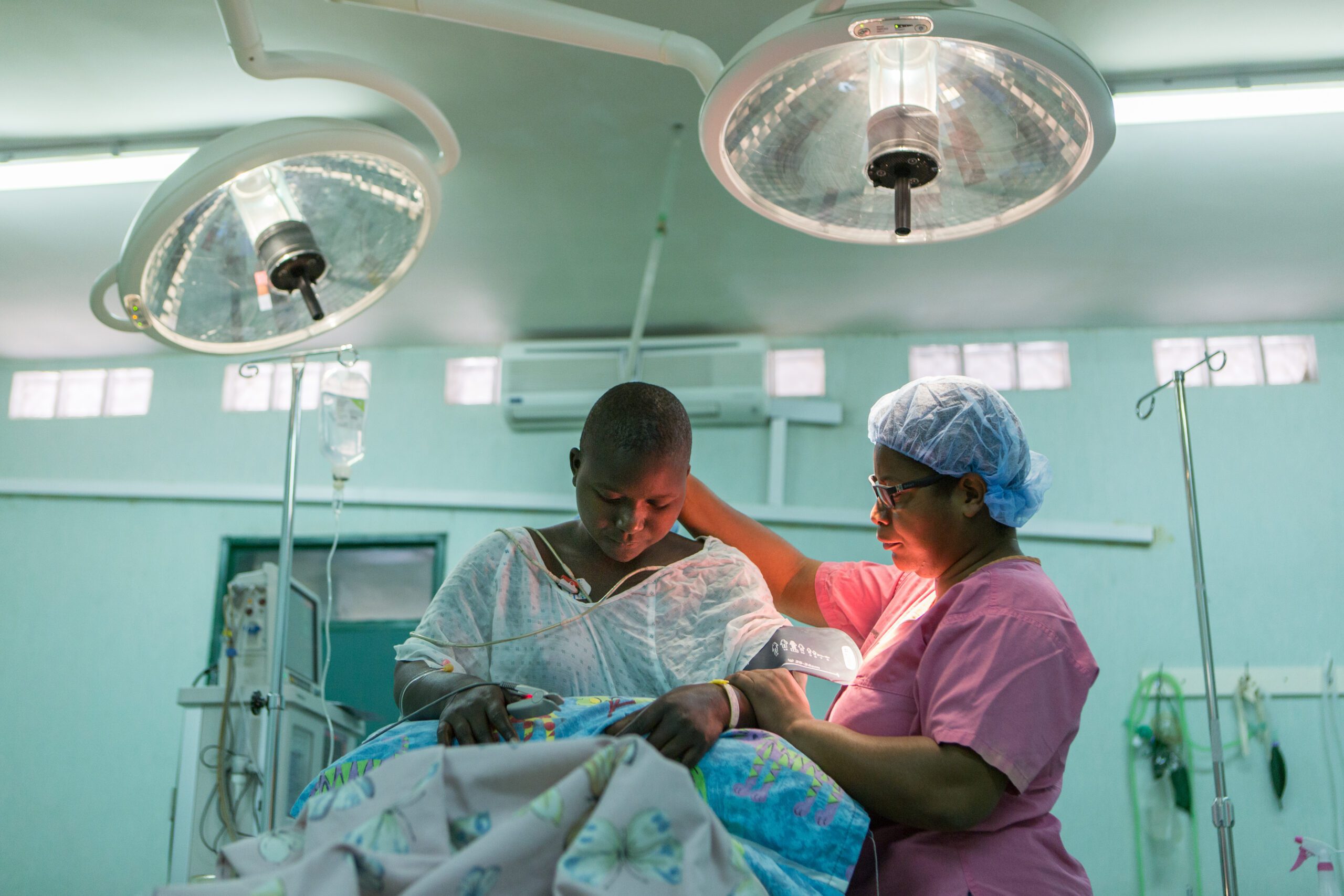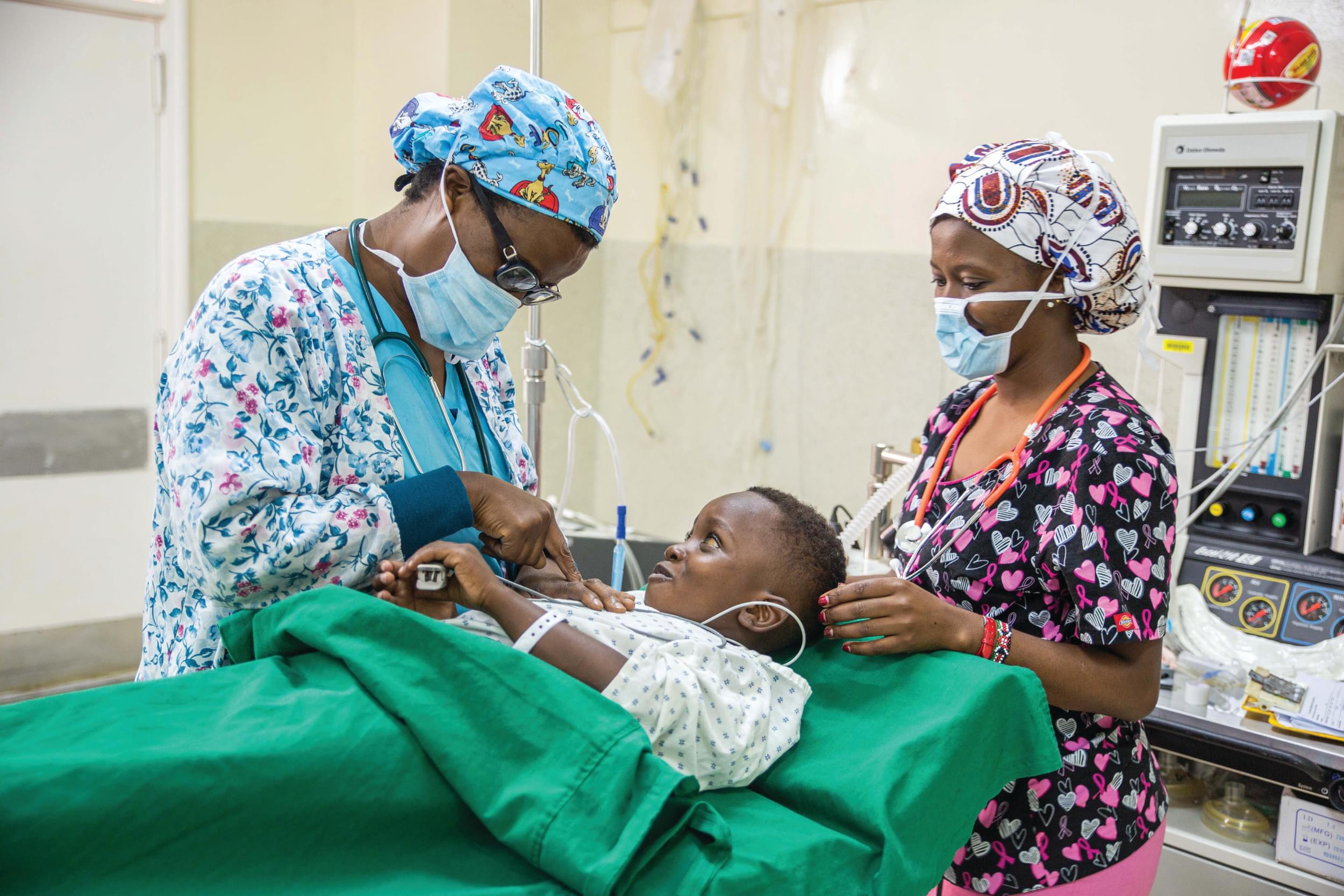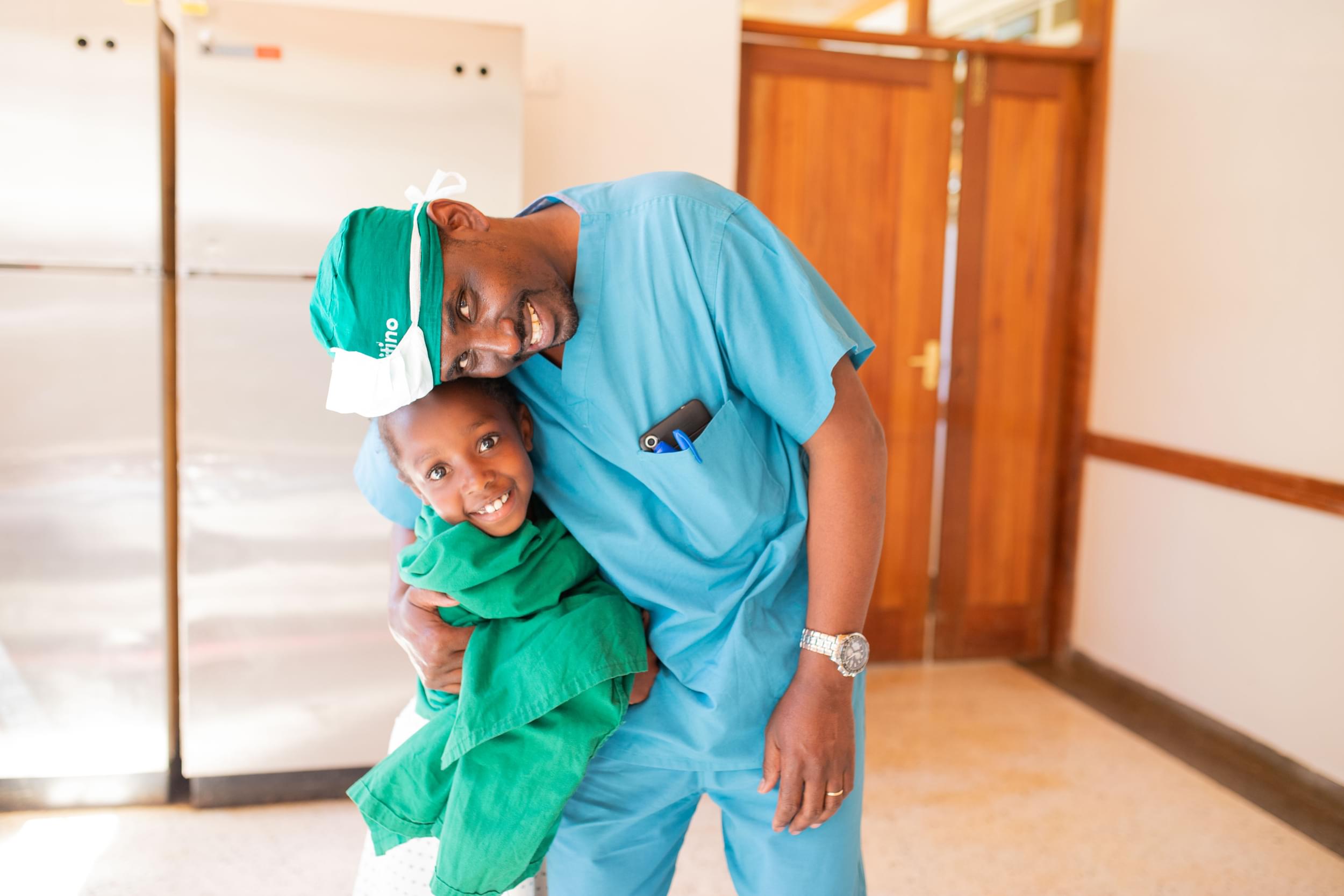Orthopaedic training in developing countries
Abstract: More than 80% of the population of the world and a vast reservoir of orthopaedic pathology is located in developing countries. Our experience is mainly in central and sub-Saharan Africa, yet our conclusions hold for poor countries of all continents.
The need for both elective and emergency orthopaedic services in developing countries is great. Most of the degenerative musculoskeletal diseases seen in the West are prevalent, as well as conditions such as untreated club foot, gross genu varum and valgus, tuberculosis of the spine and severe chronic osteomyelitis. Road traffic accidents are becoming an epidemic. More than 80% of deaths in road traffic accidents and more than 90% of those involving children occur in developing countries.1 In Malawi there are only four orthopaedic surgeons to care for a population of 12 million people. The need for postgraduate training in orthopaedic surgery in a developing country is undeniable, but whether this should be the only level of training depends on the general level of health services in the country. In Malawi, most of the 25 district hospitals have only one doctor of Senior House Officer level and no specialists. The majority of patients are managed by paramedical personnel known as clinical officers. Our main emphasis in training is to instruct these clinical officers in practical orthopaedics and the treatment of fractures. Each district hospital has one or more orthopaedic clinical officers (OCOs), who are able to treat most trauma safely and relatively conservatively. We have a visiting consultant support service which is patchy at present, but will improve as the number of trained specialists increases. Thus, in Malawi a two-tiered orthopaedic training programme has evolved, where we can train OCOs and postgraduate orthopaedic surgeons side-by-side. The majority of the OCOs work at the district level, while the orthopaedic surgeons are in central or teaching hospitals providing service for clinical referral and increasing the scope of training programmes. We believe this is to be a realistic, cost-effective, and achievable strategy. Other developing countries, where there are more doctors, may aim to have a postgraduate level surgeon at every district hospital (either an orthopaedic surgeon, or a generalist with orthopaedic experience).



















